Going away this winter? What you need to know before leaving your heating on
Experts reveal how to avoid coming home to this unpleasant heating mishap

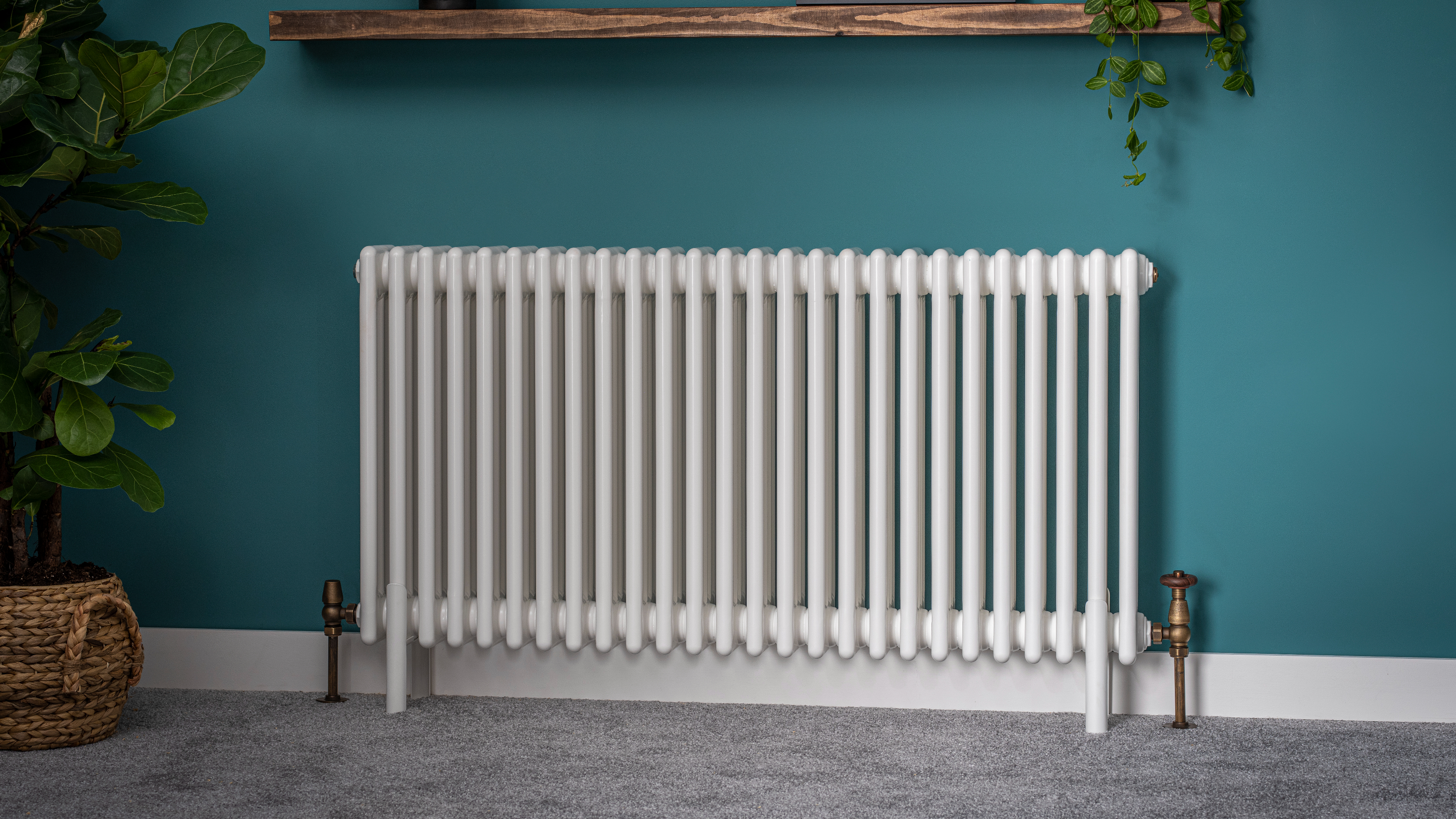
With some of us planning to spend Christmas away from home, whether that be residing at a family member's or friend's house or even skipping town for the holidays, we may be left dumbfounded wondering whether or not we should leave our central heating on when away in winter.
Will turning it off be a way to save energy at home or will we be kicking ourselves in the foot, having to come back home and figure out how to thaw frozen pipes? We asked experts for their verdict to ensure you implement the best practice in your own home.
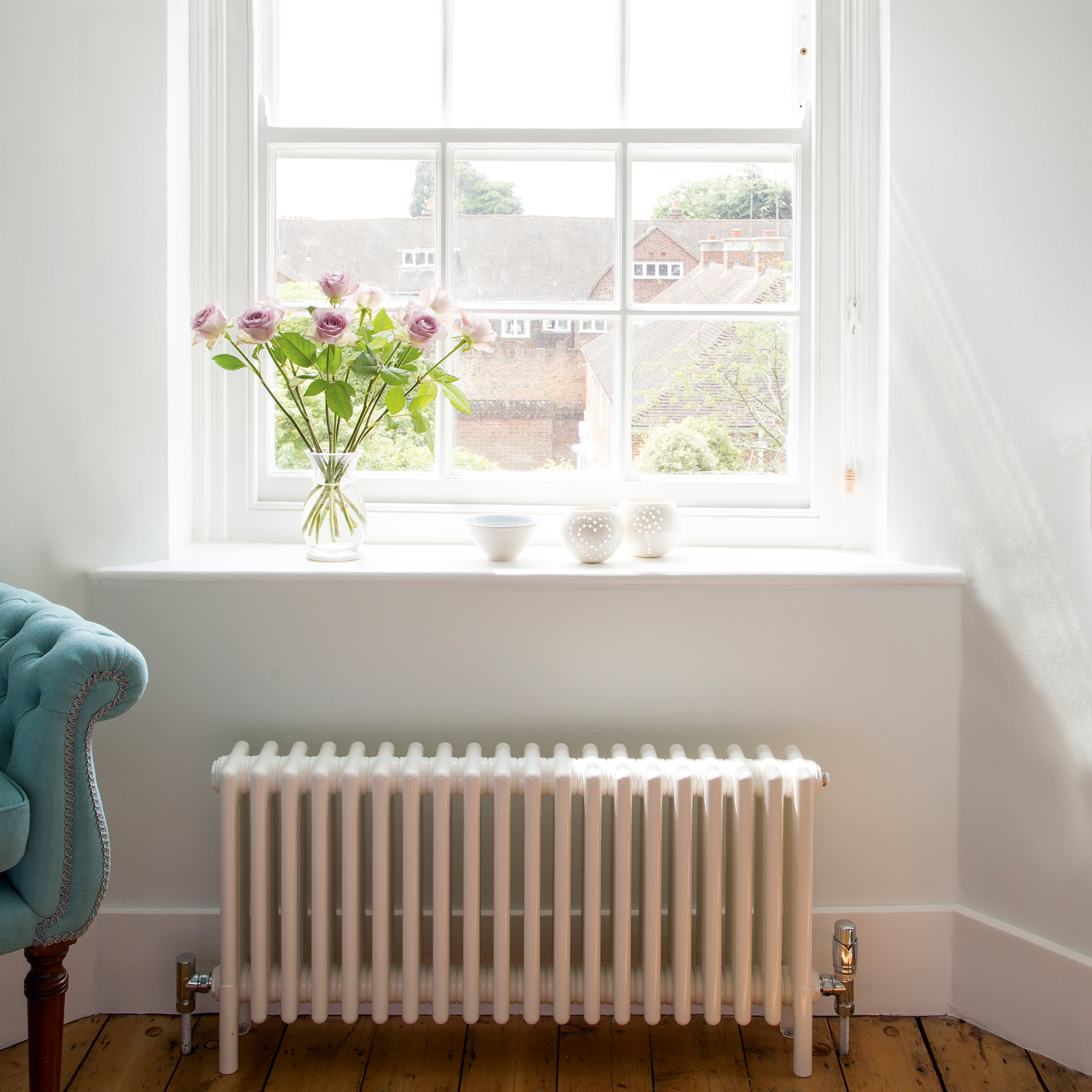
Should I leave heating on when away in winter?
Following the energy price cap increase amidst the cost of living crisis, households have considered switching their heating off altogether in an attempt to cut costs. However, Jess Steele, heating technology expert at BestHeating advises otherwise.
'The natural solution would be to turn off heating completely to save on energy bills, but this can cause a host of unwanted problems, the cold temperatures can cause frozen pipes leading to broken boilers and in worse case scenarios leaks which are all very costly issues,' she warns.
'I would recommend adjusting your thermostat to between 15 to 18 degrees as this should keep enough warmth in your home and won’t be as expensive.'
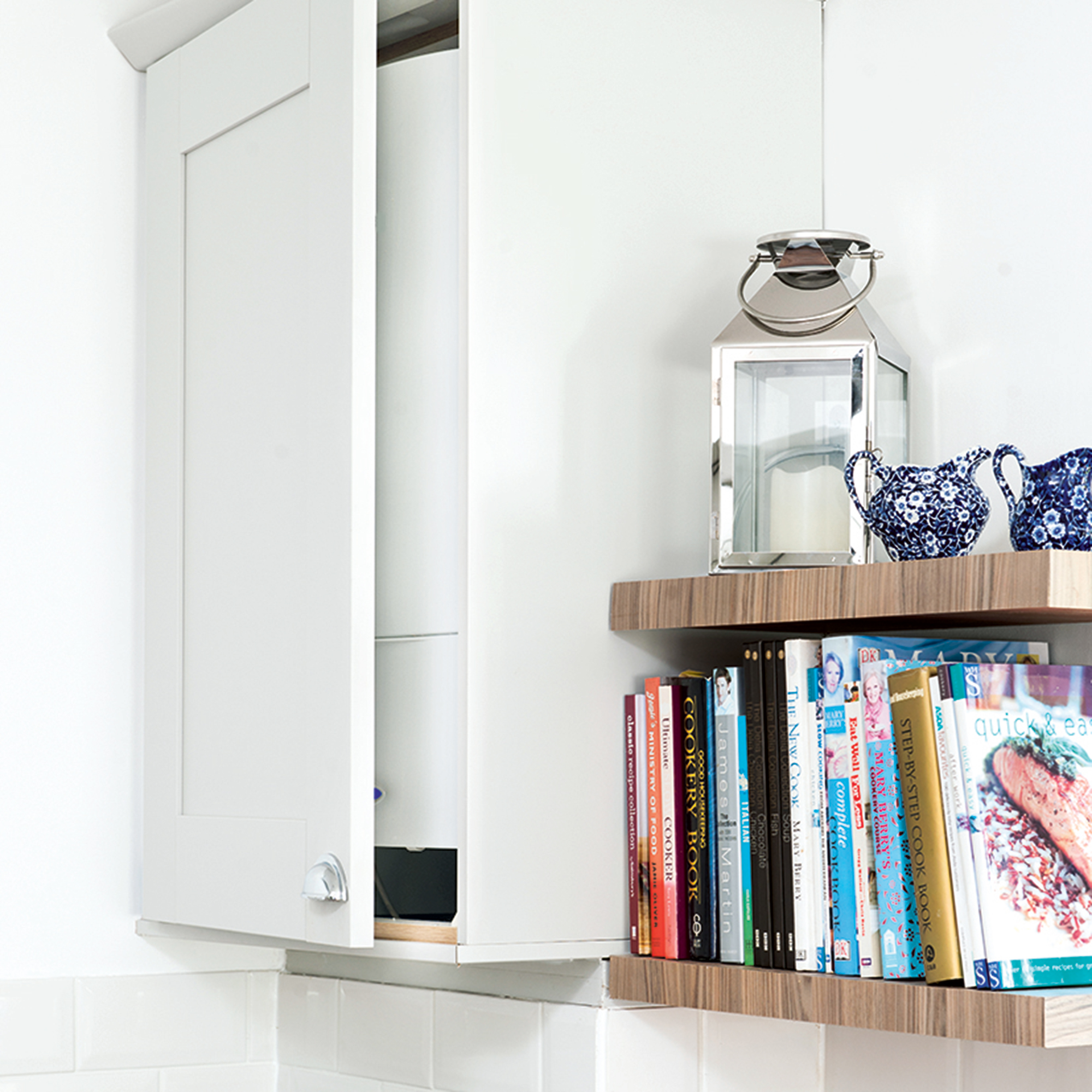
If you're not too keen on leaving the thermostat up that much while your home is unoccupied, Andy Kerr, founder of BOXT alternatively suggests to 'keep your heating at a minimum of 12 degrees' as a rule of thumb, rather than switching it off completely.
Following these comments, it can be assumed that the best practice is to leave the heating on when away in winter, however, it sometimes isn't that straightforward. David Lukeman, managing director at Northwest Heating Solutions says that the answer to this question depends on what heating system you have, as well as how well-insulated your home is.
Sign up to our newsletter for style inspiration, real homes, project and garden advice and shopping know-how
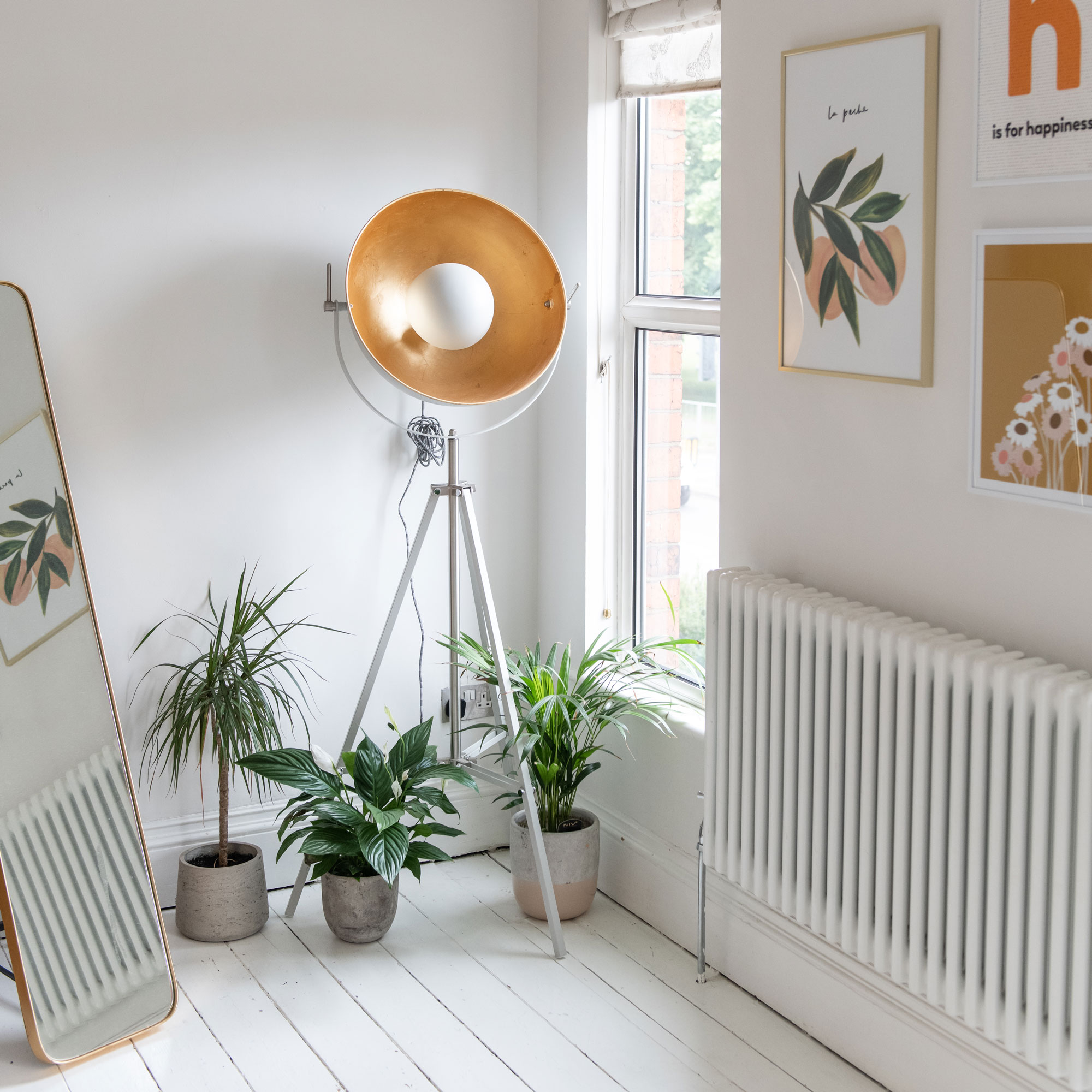
'Traditional ‘wet’ systems have pipes which can freeze and burst in cold weather conditions, while electric heating systems don’t have this problem,' he explains. Therefore, it's best to check on what boiler your home employs and to decide from there.
'If you live in a well-insulated home with minimal heat loss, leaving your heating on a low temperature could be considered best practice. The greater the heat loss from your home, the more energy you will use to maintain the inside temperature, and therefore the more costly your energy bills will be.'
'Uninsulated homes may find it more cost-effective to only turn the heating on when needed, and turn it off when not home.' Luckily, there are workarounds to learning how to insulate your home so you can keep your house warm in winter.
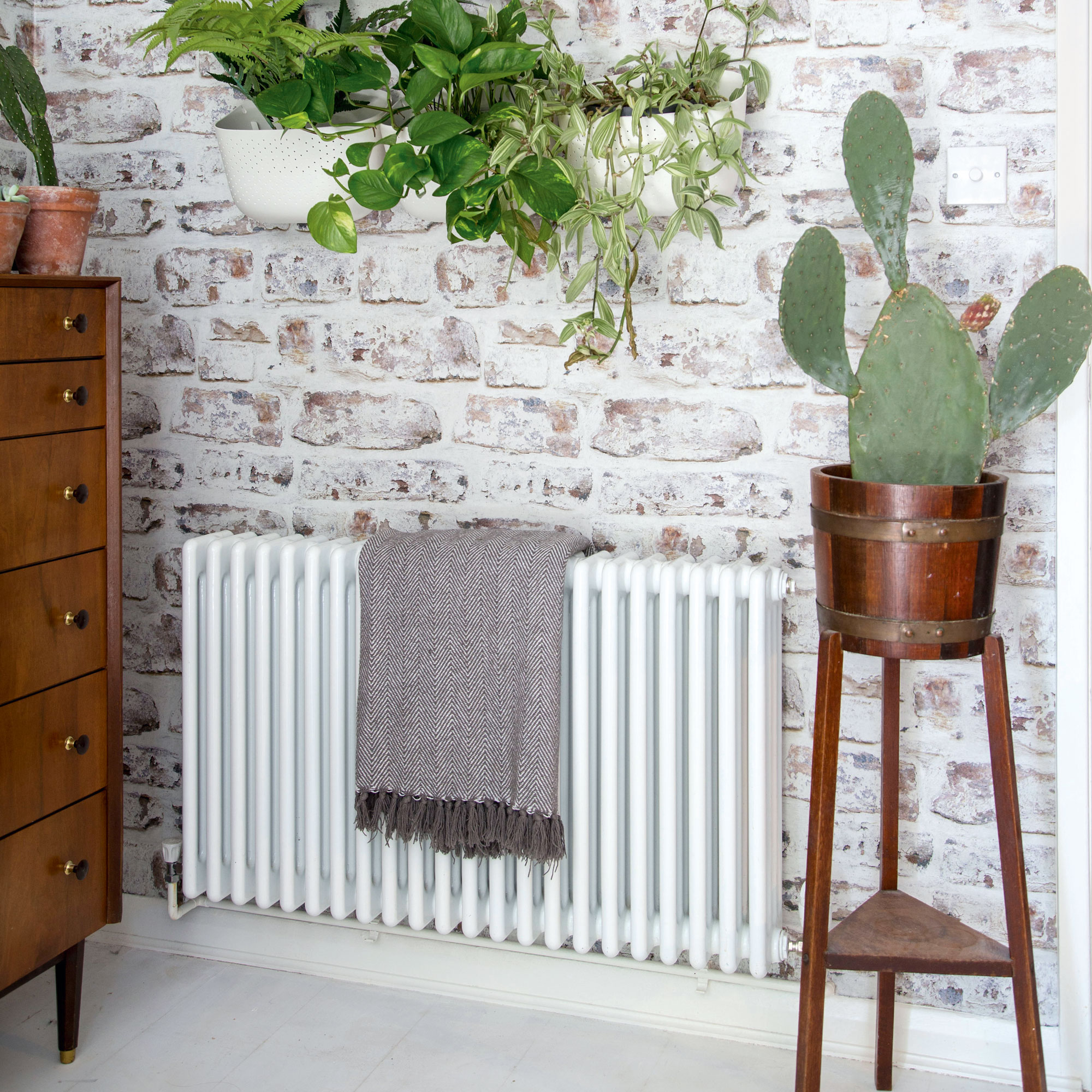
Is it safe to leave heat on when not home?
David Lukeman at Northwest Heating Solutions says, ‘If you have a traditional ‘wet’ system with a modern boiler, it should be fitted with safety measures which make leaks less likely. If you have an electric system, it is likely to be RCD protected and will turn off automatically if there’s a problem to ensure your safety.’
Alternatively, smart heating is the most efficient way to have complete control over your central heating and energy bills while you're away. Jess Steele at BestHeating says, 'You can switch to holiday mode which allows you to assess the temperature of your home ensuring the drop in temperatures won’t cause any damage such as dampness which would not be a nice welcome home surprise.'

If you wanted a short answer to whether you should leave the heating on when away in winter, we'd lean towards yes. However, we advise you to take the liberty to check your boiler type and consider your home's insulation to better assess what would work best for you to cut costs on your utility bills.

Jullia was Ideal Home’s Junior Writer from 2022-2024 and the Ideal Home Certified Expert in Training on Vacuums having spent over 60 hours testing different models. She’s always loved all things homes and interiors, graduating with a bachelor’s degree in Architectural Studies from the University of Nottingham where her love for writing blossomed following her internship at ArchDaily. Now focused on home tech and cleaning, Jullia works on writing features and explainers to help people make the most of their home appliance investments, putting the newest launches through their paces. When she isn’t writing, she loves exploring the city, coffee shop hopping, and losing hours to a cosy game or book.